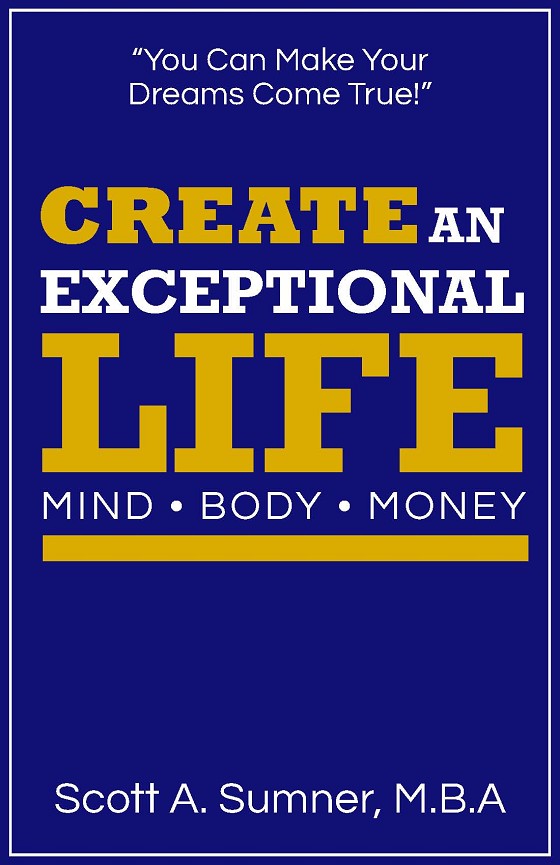Financial Anaylst Visits Thunder Bay With His 2007 Forecast
By Scott A. Sumner
Thunder Bay Business
Ross Healy is the Chairman and CEO of Strategic Analysis Corporation of Toronto, consultants to high net worth individuals and institutions such as mutual funds and pension funds concerning the valuation of Canadian and American common stocks. The company also does credit analysis of these companies and has worked with local broker Terry Dyck in Thunder Bay since 1993. I come to Thunder Bay once or twice a year. My wife and I love it up here. smiles Healy. We use an engineering approach to analysis. What we are looking or probing for are weaknesses or strengths in the balance sheets of companies and then relating that to the price formation process in the stock markets. There is a common perception that prices are formed by what people feel. That is not what our analysis tells us. There is actually a disciplined process that goes on in the market. If you look at our results you see over a longer period our projections work out, looking at the long term values. We generate 50 %
of our recommendations involving buying as well as selling. Our approach is to connect balance sheet values and see how the values are growing. What's happening in the balance sheet is important because it doesn't move very much over time or is not as volatile, notes Healy. We do small companies and large but mostly the TSX 300 companies. The people who get our advice are clients who have a broker like Terry Dyck who subscribes to our service.
 Ross Healy started his career teaching and had a very good friend who was a member of a large brokerage firm and got him to try the business for the summer. They offered me a job for the summer and I enjoyed the business so much I stayed. That was 42 years ago, smiles
Ross Healy started his career teaching and had a very good friend who was a member of a large brokerage firm and got him to try the business for the summer. They offered me a job for the summer and I enjoyed the business so much I stayed. That was 42 years ago, smiles
the 64 year old Healy. We started my own firm in 1989. I walk 30 minutes to our Yonge Eglington office each day which helps me get the thoughts and processes going.
2007 has a lot of mixed messages out there according to Ross Healy. There is a broad consensus in the market that runs along the lines of no recession, some easing of the growth rate and the Federal ReserveBoard is expected to drop interest rates so bonds may be a good
investment. There is a only a mild possibility of a correction on the markets and people are bullish on the market and the overall economy. There is a powerful consensus that no matter what happens interest rates are coming down, notes Healy.
Not wishing to be a smart guy, whenever there is a broad consensus the odds of it happening fall drastically away. We want to explore it and see if it actually holds up. Our analysis suggests that it will not. The leading economic indicators are actually plunging now. The index is not fallible but you do start to ask yourself what is wrong with this picture. One or the other is out to lunch. The leading indicator's call for a recession 5 out of 8 times so it is wrong sometimes.
I think the economy is hanging on by its fingers tips right now in the US. You can't discuss Canada as a stand along when something like 89% of our exports go down to the states. Our economy is more than 20% export driven and the US has a huge impact on what happens up here. The pschcology in the US is pretty volatile. I am wondering about consumer sentiment. How the US got its growth last year is weighted heavily to the fact the US consumers have been borrowing like crazy at levels never seen before. It is an unsustainable circumstance. It is
easy to get debt but hard to get out of it. Also the US government is in dreadful shape. An empire of debt. The corporations are in relatively good shape but you have the government, consumers and corporations. Our government is in really good shape. Also the Canadian consumer is not as overboard in terms of debt as the US, notes Healy. In the US a huge mortgage equity withdrawal happened when 2005 saw the US consumer borrow $630 billion from their homes and spent over above what they saved.That is 5% of the US economy. 2006
saw them begin to cash in stocks and bonds and spent $1.1 trillion. Now in 2007 they have to spend $1.6 trillion to keep pace. The average person in the US is negative 9%in terms of annual savings. In Canada we are marginally positive because our banks are more conservative and don't let those stupid decisions happen. I am concerned about US banks
as default levels are rising quickly there. If that happens in the US investors get concerned about Canadian Bank stocks as well. We are adopting quite a defensive investing attitude because there is a lot of risk in the market. Being in high quality government bonds
is OK. This is a year to be cautious and park your cash. Last year the index gave 14% not as high as 2005. If interest rates don't drop then what? The housing market in the US can produce a nasty outcome if it is dropping. This is a clear and present danger. states Healy.










